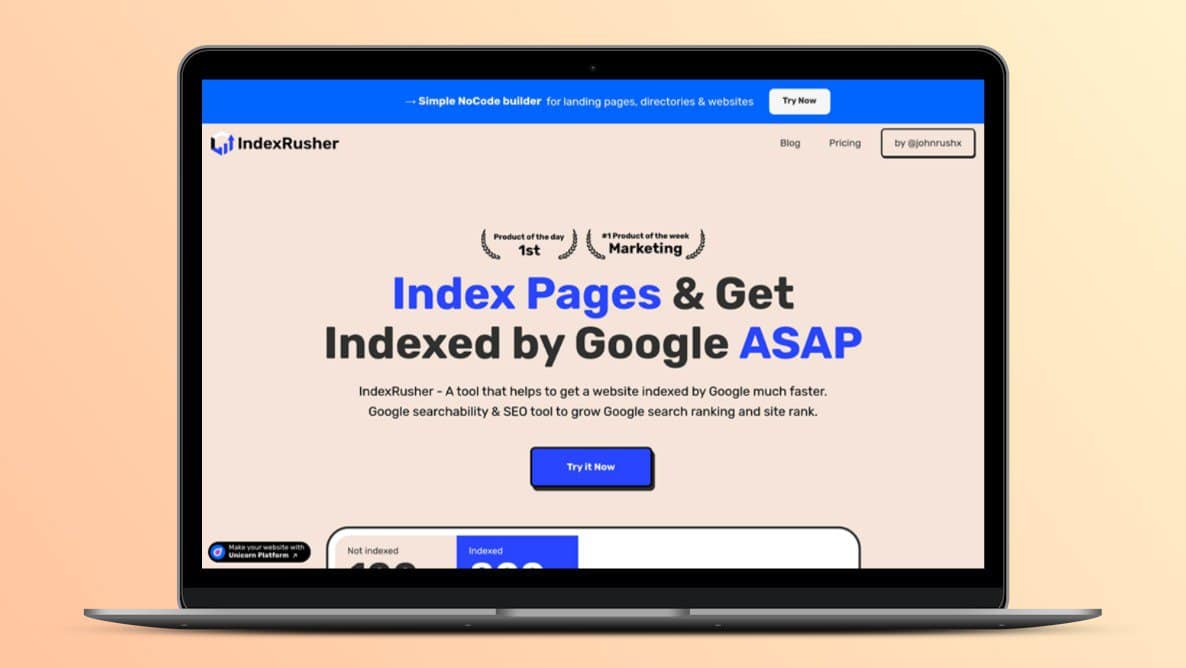Podcasting is booming, but with growth comes legal risks. Protect yourself and your audience by using these five essential disclaimers:
- General Information Disclaimer: Clarifies that your content is for informational purposes only and not guaranteed to be accurate or complete.
- Limitation of Liability Disclaimer: States your podcast is provided "as is" and shields you from legal claims related to your content.
- Guest Opinions Disclaimer: Makes it clear that guest views are their own and not reflective of the host or podcast.
- Intellectual Property Disclaimer: Protects your podcast’s branding, content, and copyright from unauthorized use.
- Professional Advice Disclaimer: Ensures listeners understand your podcast isn’t a substitute for expert advice in areas like health, finance, or law.
Why These Disclaimers Matter
They help prevent legal issues like defamation, copyright infringement, and liability claims. Include them verbally in episodes, in your show notes, and on your website for maximum protection.
Take action now to safeguard your podcast and build trust with your audience.
Related video from YouTube
1. Disclaimer for General Information
A general information disclaimer helps define the boundaries of your podcast content, ensuring both creators and listeners understand its purpose. This is particularly important when discussing sensitive or technical subjects, as it reduces the risk of legal issues tied to misinformation claims.
A well-crafted disclaimer should address the following points:
- The content is for informational purposes only
- Limitations on how the information should be used
- Accuracy and completeness are not guaranteed
- Listeners are responsible for how they use the information
For example, the Society of Actuaries (SOA) includes a disclaimer in their podcast that emphasizes their content is informational, may not always be accurate, and that listeners are responsible for its application.
To maximize its visibility, share your disclaimer in multiple ways. Mention it verbally at the beginning of episodes, include it in your show notes, and make it available on a dedicated legal page on your website.
Make it a habit to update your disclaimer regularly to keep up with changing regulations or shifts in your content. While a general information disclaimer lays the groundwork, consider adding a limitation of liability disclaimer to further safeguard against potential legal claims.
2. Limitation of Liability Disclaimer
A limitation of liability disclaimer adds an extra layer of protection to your podcast by addressing potential legal risks. It clearly states that your podcast is provided "as is" and shields you from financial losses or legal issues that might arise from your content.
A strong limitation of liability disclaimer should include a few key elements:
- Clearly state that the podcast is provided "as is."
- Disclaim responsibility for any damages - whether direct, indirect, incidental, or special.
- Specify that you're not liable for third-party content or services mentioned in your episodes.
For example, the Society of Actuaries (SOA) includes a disclaimer that leaves no room for misinterpretation:
"THE SOA EXPRESSLY DISCLAIMS ANY AND ALL LIABILITY OR RESPONSIBILITY FOR ANY DIRECT, INDIRECT, INCIDENTAL, SPECIAL, CONSEQUENTIAL OR OTHER DAMAGES ARISING OUT OF ANY INDIVIDUAL'S USE OF, REFERENCE TO, RELIANCE ON, OR INABILITY TO USE, THIS PODCAST OR THE INFORMATION PRESENTED IN THIS PODCAST."
To ensure your disclaimer is effective, include it in multiple locations:
| Placement Location | Purpose |
|---|---|
| Episode Intro | Verbal disclaimer at the start of each episode |
| Show Notes | Written disclaimer with detailed terms |
| Website Footer | Easy, permanent access to legal information |
| Guest Release Forms | Extra protection for episodes featuring guests |
As your podcast evolves and regulations shift, revisit your disclaimer to ensure it stays up-to-date. While limiting liability is crucial, don't overlook addressing the views expressed by your guests to safeguard your content further.
3. Guest Opinions Are Their Own
When you invite guests onto your podcast, it's important to make it clear that their opinions are separate from your show's official perspective. A guest opinion disclaimer helps protect your podcast from legal risks while being upfront with your audience.
A good disclaimer should clearly state that guest opinions are their own, that they don’t represent the host’s views, and that they aren’t meant to be professional advice. To ensure this is effective, you can include the disclaimer in your show notes, verbal introductions, and signed release forms.
For topics like medical, financial, or legal discussions, precise wording is key. Here's an example of a disclaimer used by a professional podcast network:
"The views and opinions expressed by guests on this podcast are their own and do not necessarily reflect those of the host or the management. This podcast should not be considered professional advice, and listeners should consult appropriate professionals for advice tailored to their specific needs."
To fully protect your podcast, make sure the disclaimer appears in multiple formats:
- Written Documentation: Include it in your show notes, website episode pages, and have guests sign a release form acknowledging it.
- Verbal Communication: Add a quick disclaimer in your episode intro and mention it again during live recordings.
For better legal coverage, especially for sensitive or controversial topics, ask guests to sign a detailed waiver before recording. This waiver can specify that guests are responsible for their statements and agree to protect the host from legal claims.
While managing guest opinions is important, don’t forget to also safeguard your podcast’s intellectual property.
sbb-itb-cdb7710
4. Protecting Intellectual Property
As your podcast grows and gains attention, safeguarding your intellectual property becomes essential to prevent misuse and maintain control over your content. This also ensures you can take full advantage of monetization opportunities within your niche.
Here's a quick overview of key steps to protect your podcast's intellectual property:
| Protection Type | Purpose | Required Documentation |
|---|---|---|
| Copyright Notice | Confirms ownership of original content | Written copyright statement in show notes and website |
| Trademark Registration | Secures podcast name and branding | Federal trademark registration |
| Content Licenses | Authorizes use of third-party material | Written agreements and paid licenses |
| Guest Release Forms | Grants rights to guest-provided content | Signed release forms before recording |
To cover all bases, your intellectual property disclaimer should address copyright protection, content usage rights, and limitations on third-party content. Here's an example often used by major podcast networks:
"This podcast and all its content, including but not limited to audio recordings, show notes, artwork, and branding elements, are protected by copyright laws. All rights reserved. No part of this podcast may be reproduced, distributed, or transmitted without prior written permission from the copyright holder."
Key Steps to Protect Your Podcast
- Document Your Ownership
Create a clear terms of use agreement that outlines:
- How your content can and cannot be used
- Licensing requirements for any usage
- Distribution restrictions
- Consequences of unauthorized use
- Handle Third-Party Content Properly
If you use external materials like music, sound effects, or quotes, always secure the necessary licenses and permissions. Keep detailed records of these agreements to avoid any legal complications.
- Register Your Trademark
Before finalizing your podcast name and branding, conduct a thorough trademark search. Overlooking this step can lead to expensive disputes or the need to rebrand later.
While protecting your intellectual property is crucial, remember to include a disclaimer clarifying that your podcast does not provide professional advice - a topic we'll dive into next.
5. Professional Advice Is Not Provided
Including a professional advice disclaimer is a key legal safeguard for your podcast, especially when you're discussing topics like health, finance, law, or business. Since podcast audiences often span different regions with varying laws, this disclaimer helps you stay compliant and protects your podcast from potential legal issues.
Key Implementation Strategies
- Consistency Matters: Always include the disclaimer at the beginning of each episode, not just in your written materials.
- Use Simple Language: Make sure your disclaimer is clear and easy to understand, whether it's spoken or written.
For podcasts that dive into professional topics, it's important to make it clear that the content is informational and not a substitute for professional advice. Encourage listeners to consult qualified experts for specific guidance. To ensure your disclaimer is seen and heard, place it at the start of your episodes, in the show notes, and on your website.
When writing your disclaimer, focus on clarity to avoid confusion. Here's an example of a disclaimer used by many podcasts:
"This podcast is for informational purposes only and should not be considered legal, health, tax, or professional advice. Always consult a licensed professional for specific advice related to your situation."
The Society of Actuaries sets a great example by consistently using clear disclaimers across all formats. Even licensed professionals hosting podcasts must clearly separate their content from formal advice.
Keep in mind that different regions may have specific rules for professional disclaimers. To ensure your disclaimer meets all necessary legal standards, consult a legal expert familiar with regulations in your area.
Legal Disclaimers in Podcasting
Legal disclaimers play a key role in protecting podcasters while fostering trust with their audience through clarity and professionalism. With the podcasting industry expanding rapidly, keeping up with legal developments is essential to ensure both compliance and credibility.
The need for legal protection in podcasting is increasingly evident. In 2023, several well-known podcasts faced legal issues that might have been avoided with properly crafted disclaimers. These cases underscore the importance of taking legal safeguards seriously.
To establish a solid legal foundation for your podcast, focus on two priorities: regular consultations with legal professionals to stay compliant and strategic placement of disclaimers in both written and verbal formats. Podcasts that make their disclaimers easily accessible tend to encounter fewer legal hurdles, proving their value.
It's also wise to keep detailed records of when and how disclaimers are presented. This organized approach not only helps in addressing any legal concerns but also reflects your dedication to maintaining professional standards.
For podcasters looking for structured guidance, resources like Podcast Launch Strategy provide valuable tools. Their course includes in-depth modules on legal compliance and disclaimer implementation, equipping creators with the knowledge they need to navigate these essential aspects while growing their audience.
As podcasting continues to grow and change, clear and well-placed disclaimers remain a cornerstone of protecting your content and building audience trust. By prioritizing legal clarity, you show your listeners that you care about both their experience and your own accountability in this ever-evolving medium.
FAQs
What makes a good podcast disclaimer, and how do you write one?
A well-rounded podcast disclaimer should cover key areas of legal protection while staying clear and easy to understand. For instance, a disclaimer might say:
"This podcast is for informational and entertainment purposes only. The views expressed are those of the hosts and guests and do not constitute professional advice. We make no representations or warranties regarding the accuracy, completeness, or applicability of the content."
A good disclaimer should address topics like liability protection, content accuracy, guest opinions, fair use of materials, and the limitations of professional advice. Once you know the essentials, you can start crafting one tailored to your podcast.
To write an effective disclaimer, make it clear that your content is informational, state that you aren't responsible for listeners' actions, and emphasize that it doesn't replace professional advice. Include the disclaimer in both audio and written formats to ensure it's easily accessible.
For better coverage, use your disclaimer strategically. Add a verbal version at the beginning of each episode and include a written version in your show notes and podcast description. This ensures listeners see or hear it no matter how they engage with your content.




